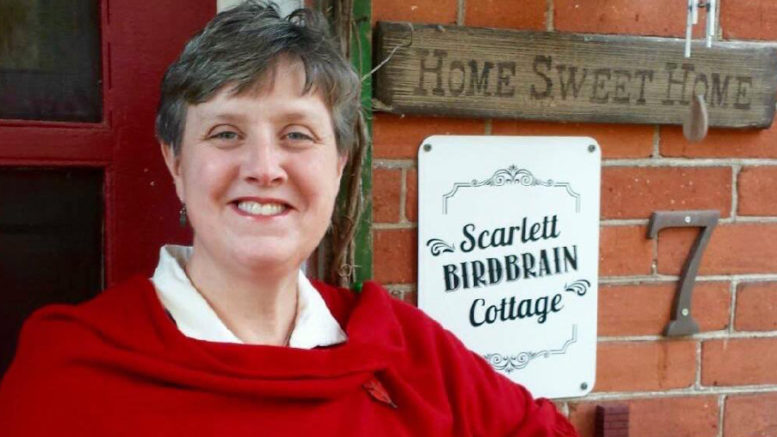Laurie Snider
Notes from the Nest
“Raymond was a good man!” “I always loved Ray.” “Raymond could fix anything!” “Ray was a great curler! He always beat me.” These were a few of the lines we heard as I stood next to Randy, his family and our children, shaking hands with the many friends, family and acquaintances that came to pay their respects to my father-in-law, Raymond.
Losing a family member is a difficult business. The things that sustain us in the early days, as we begin to come to terms with our loss, are the comforting words and stories, offered up by those near and dear. Gathering together to share stories and tales and listening carefully as anecdotes are freely shared, about just what our loved one meant to others, is a healing balm during the initial stages of grief.
A sense of his whole life came together, in a few short days, as we met many travelers who shared part of Raymond’s journey. Each of us spreads ourselves out into the world in a myriad of unique ways. Often, it’s at funerals when each of these particular parts are brought together, painting a true picture of all our loved one was.
Raymond was born in Camden East, by a midwife, in a house, near where McCormick’s Store now stands. He, his siblings and parents spent the first years of his life living in Woodmucket on the Napanee river, a suburb of the once bustling village of Yarker, where they moved to when he was 9.
Raymond once told me they lived next to the river, and were always in it. He shared, he doesn’t remember learning to swim but says they did, like river rats. He said, “we knew where all the deep holes were.”
He and his brother Bob spent lots of time fishing. These were simpler times. He smiled when he told me they’d use bamboo fishing poles with corks, some line and a hook, no reels, no nets. “We’d just pull them up.” They’d catch mudcats, bullheads, pickerel and pike. It wasn’t just for fun. He said, “We lived off those.” He described the fish as being so thick at the time, they were swimming on top of each other and easy to catch. Humble beginnings yes, but one can’t help but also think of them as somewhat idyllic.
When Raymond was 14, he had the responsibility of starting the wood fire in Yarker Public School, when the caretaker was on shift. He’d keep it going until the teachers arrived and then catch the bus to the high school in Newburgh. He also had a job delivering 100 copies of the Kingston Whig- Standard in Yarker, for 3 cents a copy, walking through snow up to his knees.
He met the love of his life, Norma, as a fifth grader, she was in Grade 4, at Yarker Public School. They didn’t start officially dating until attending high school together in Newburgh in their teens. Dates were often to dances in Yarker but everything was kept on the up and up, as her Grandparents would frequently accompany them.
At age 17, he left school to sail on merchant ships on the Great Lakes, picking up pulp wood and grain. When he returned he worked as a surveyor and then as a lay out man for Sullivan Construction, where he worked until he retired. In 1973, his superintendent while they were working at RMC, thought so highly of him, he was selected to represent the workers, to meet the Queen. He says, it was one of the highlights of his life. He shook her hand, which he described as ‘gentle’ and answered her questions about the building.
Almost 62 years ago, Raymond married Norma and together they raised five children, several of those years on a farm. He and Norma travelled, enjoyed music and spent a lot of time at the cottage, which he built with help, a favourite place for his eight grandchildren and three great-grandchildren to visit. He was an active, hardworking and appreciated member of the Lion’s club, a dedicated Mason and a spirited and sprite member of the curling club, playing up until this past February.
Thankfully, for most of his life Raymond was healthy. It was difficult to watch a man who had lived life to the fullest be sidelined by illness and unable to participate with the zest and fervor he was accustomed to.
In the end when our time comes, I think the best we can hope for is to be remembered fondly, as someone that others thought highly of, someone who had a good life and lived well. For us this was affirmed over and over again, offering comfort and warm memories to those he left behind.

